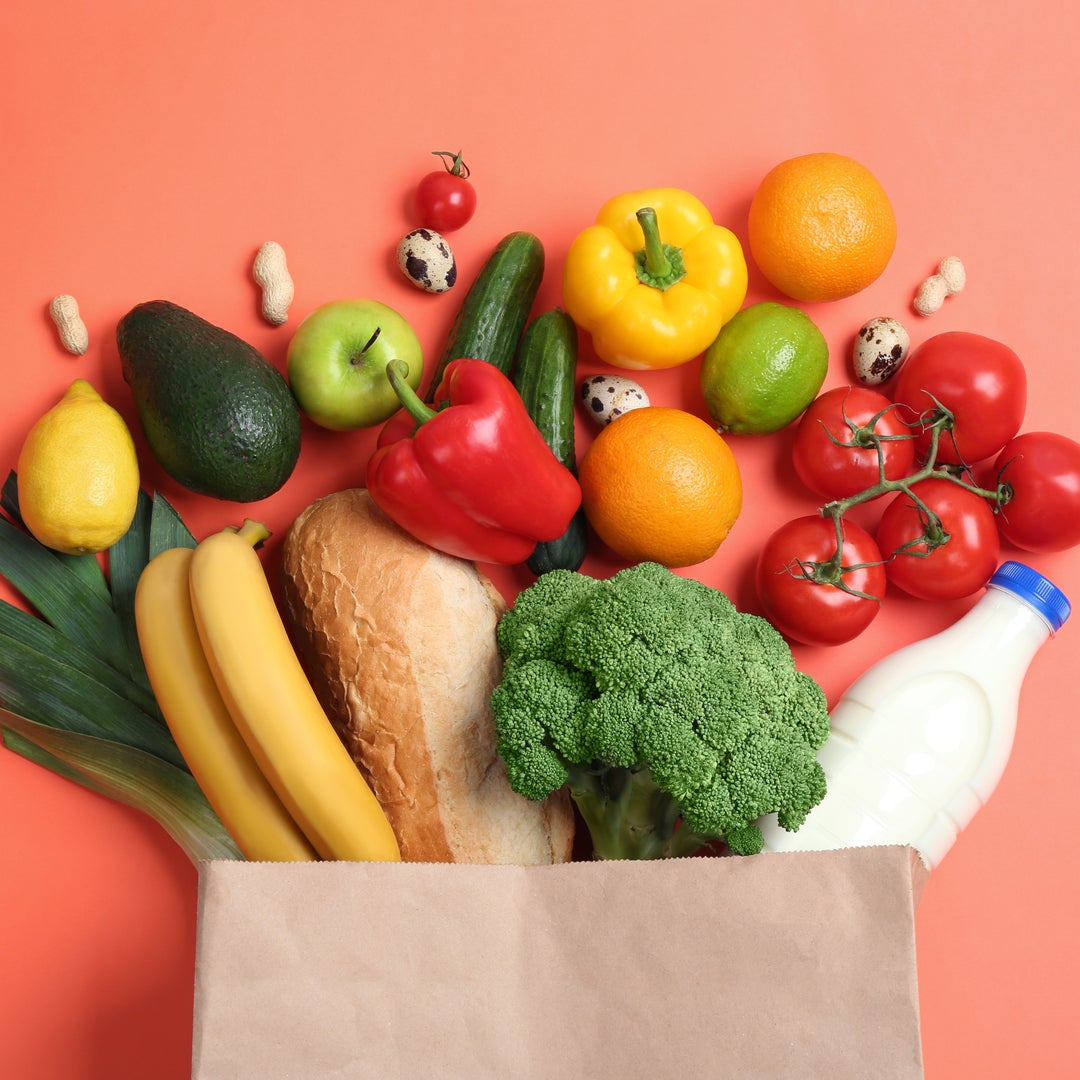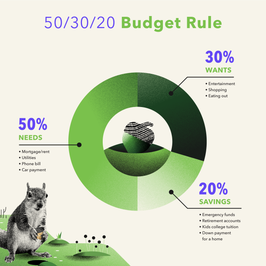How to Save Money on Groceries

Over the last year, you might have noticed your grocery bill steadily rising. Food prices rose 0.9% in January 2022 and are up 7.4% since January 2021, according to the Consumer Price Index.
If you’re looking for ways to trim your grocery bill, you might want to step away from name-brand items and try out some store brands or generics. Generic or “no-name” groceries were introduced in the 1970s, when Americans were facing record inflation, much like they are today.
“You can save anywhere from 10% to 30% on price if you’re buying generic,” says Trae Bodge, smart shopping expert at truetrae.com.
How to shop store-brand to save money on groceries
Many store brands are made by the same manufacturer as name-brand products, says Isabel Brown, consumer watchdog at Public Interest Research Group. If you want to be sure you’re getting a product that is comparable in quality to the label you usually shop, there are two things you can do, Brown says:
Compare the ingredient list
If a product isn’t a trade-marked recipe, like Tate’s Bake Shop, it likely has a similar or identical generic. “If the ingredient list isn’t super long, if it’s only one or two items, there won’t be a ton of variation,” she says.
Research the manufacturer
If a generic product is made by the same manufacturer who makes a name-brand product, it’s likely of comparable quality.
5 Products to Buy Store Brand to Save Money
Name-brand products are often more expensive than generics or store-brand products because companies spend more on marketing, Brown notes. “That markup is just for advertising,” she says. “People shouldn’t need to pay more for prettier packaging if they don’t want to.”
Here are five products you can save money on by buying generic or store brands.
Frozen produce
Frozen produce is often better quality than canned produce as it is harvested and preserved at the peak ripeness. It’s also great to keep on hand so you don’t have to resort to take-out if you have nothing fresh in the house, says consumer savings expert Andrea Woroch.
“When it comes to frozen vegetables or fruit, there’s no need to spend more on the name brand,” she says. “You can find the same quality and taste among the generic and store-brand options for around 30% savings.”
At Target, for example, a 12-ounce bag of the retailer’s store-brand frozen broccoli is half the price of a 12-ounce bag from name-brand Birds Eye.
Baking supplies
“When it comes to basic baking ingredients including flour, sugar, and baking soda, there’s no need to spend more on the name brand,” Woroch says. “In fact, these are single-ingredient food products that a name brand can’t produce any differently or better than a generic or store-brand. So save yourself money on this grocery category.”
A five-pound bag of store-brand flour from Walmart is $1.76, while a five-pound bag of King Arthur flour from Walmart is $4.12. And a four-pound bag of store-brand granulated sugar from Walmart is $2.18, while a four-pound bag of Domino granulated sugar from Walmart is $14.20.
Spices
Store-brand spices are likely to be just as good as name-brand, Woroch says, and less expensive.
At Kroger, for example, a 1.5-ounce container of store-brand turmeric is $3.49, but a 1.37-ounce container of McCormick turmeric is $5.99.
You can buy unbranded spices in bulk at smaller retailers, she adds.
“You may not get the convenient glass or plastic container since you will likely fill a plastic bag to weigh at check out, but hold on to your old ones to refill with what you buy,” she says. “You’re looking at saving anywhere from 40% to 60% off.”
Pet Food
Pet food is another safe bet to buy generic or store brand, says Tobie Stanger, a senior editor at Consumer Reports.
“Any pet food that is sold in the store has to meet certain institutional standards,” she says. “So if you go with a fancier pet food you might get organic this or that, but in terms of feeding your animal what they need nutritionally, any pet food you find on the shelf will be as good as the fancy stuff.”
At Target, a 12.5-ounce can of store-brand wet dog food is $1.79, but a 12.5-ounce can of Blue Buffalo is $3.29.
OTC medicine
“I find that duplicates of over-the-counter meds are a great value,” Bodge says.
After all, a generic drug is created to be the same as a brand-name drug in “dosage form, safety, strength, route of administration, quality, performance characteristics, and intended use,” according to the Federal Drug Administration website.
At Walgreens, a 30-pack of Claritin is $19.99, but a 30-pack of Walgreens’ store-brand version is $13.99.
This material has been presented for informational and educational purposes only. The views expressed in the articles above are generalized and may not be appropriate for all investors. The information contained in this article should not be construed as, and may not be used in connection with, an offer to sell, or a solicitation of an offer to buy or hold, an interest in any security or investment product. There is no guarantee that past performance will recur or result in a positive outcome. Carefully consider your financial situation, including investment objective, time horizon, risk tolerance, and fees prior to making any investment decisions. No level of diversification or asset allocation can ensure profits or guarantee against losses. Article contributors are not affiliated with Acorns Advisers, LLC. and do not provide investment advice to Acorns’ clients. Acorns is not engaged in rendering tax, legal or accounting advice. Please consult a qualified professional for this type of service.








